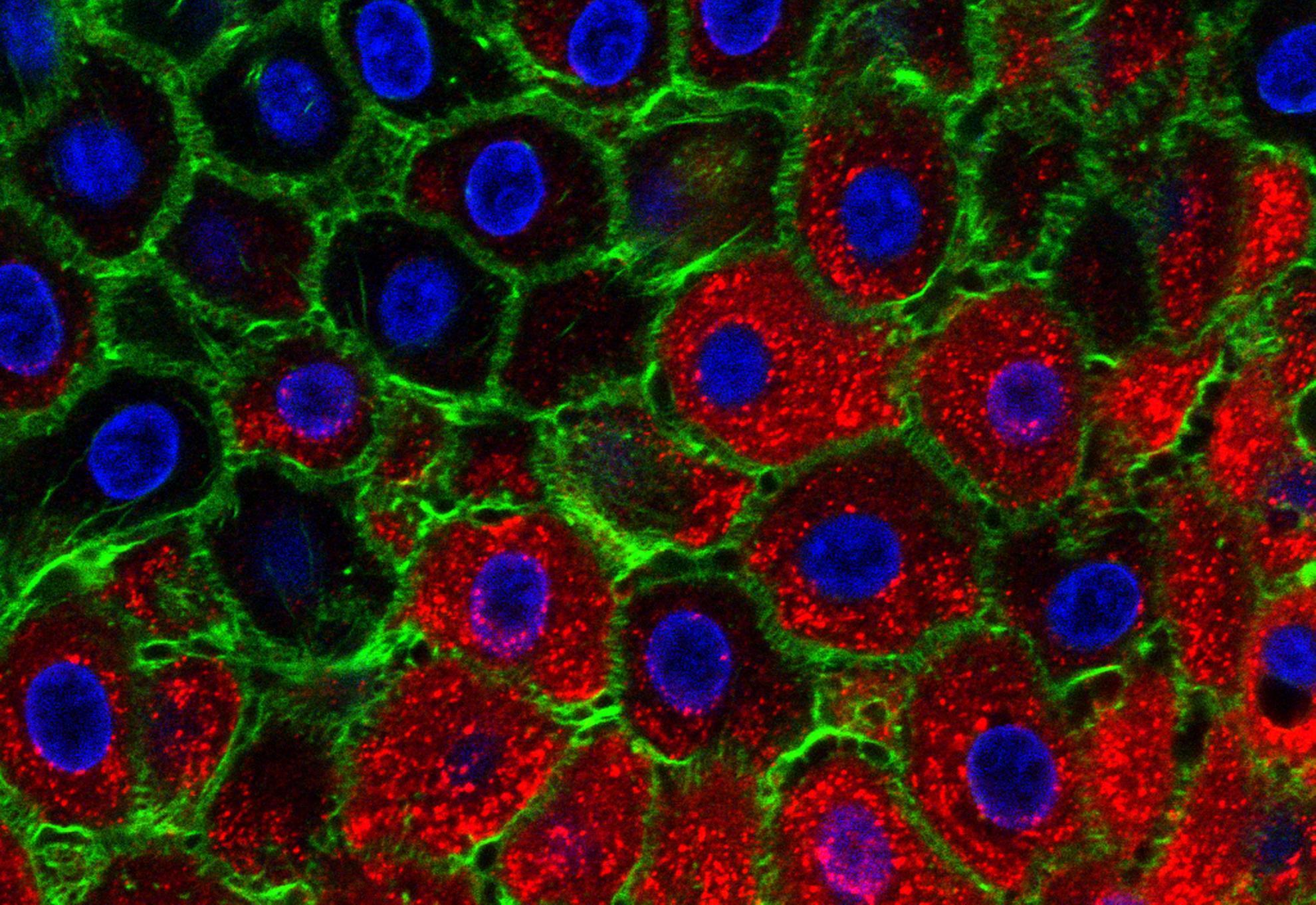Validation of a recombinant integrin alpha-V-beta-6/monoclonal antibody based antigen ELISA for the diagnosis of foot-and-mouth disease
A sandwich ELISA using recombinant integrin ?v?6 as a capture ligand and serotype-specific monoclonal antibodies (Mabs) as detecting reagents has been compared with a polyclonal antibody based ELISA (using type-specific rabbit antibodies as capture and guinea pig antibodies as detectors), which is employed routinely at the FAO World Reference Laboratory for Foot-and-Mouth Disease (FMD), for the identification and serotyping of FMD virus (FMDV). The study used cell culture grown antigens (1351 FMDV positive) derived from suspected cases of vesicular disease collected from 86 countries between 1924 and 2011, those positive for the other vesicular diseases of swine vesicular disease (n = 25) and vesicular stomatitis (n = 45) and negative samples collected from uninfected cell cultures (n = 36). The diagnostic sensitivity of the assays was similar at 98.1% (polyclonal ELISA) compared to 97.9% (integrin/Mab ELISA) but the serotypic-specificity of the latter was vastly superior (96%) to that of the former (61.5%). Reactions with the viruses of swine vesicular disease and vesicular stomatitis, which produce clinically indistinguishable syndromes in pigs and cattle, did not occur. The integrin/Mab ELISA recognized FMDV strains of wide antigenic and molecular diversity of all seven serotypes and although some FMDV isolates were not detected, the greater specificity of the assay, while retaining test sensitivity comparable to the conventional assay, warrants its consideration for adoption for routine diagnostic use.
Back to publications
